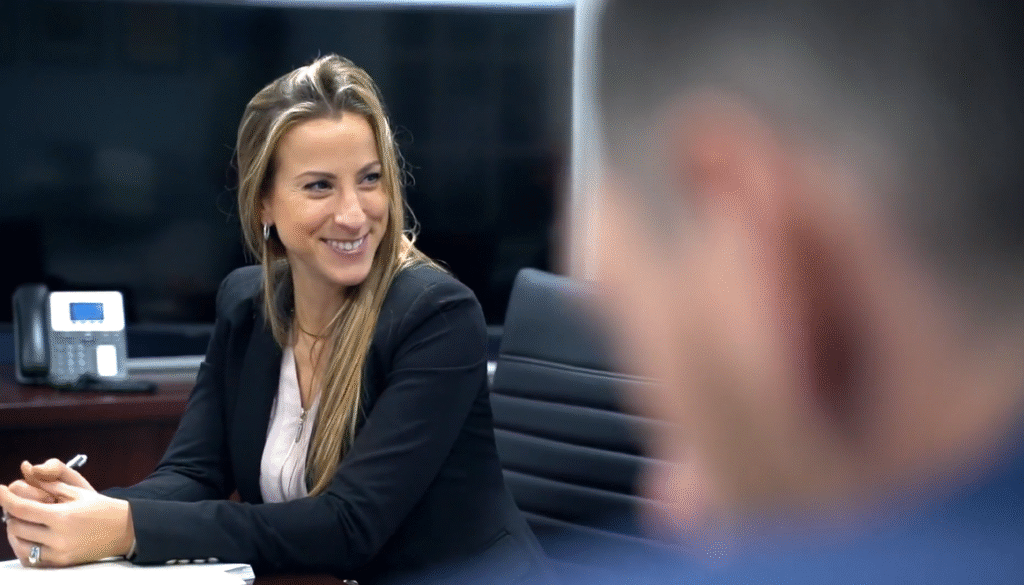
In today’s evolving family structures, custody disputes are no longer limited to biological parents. Step-parents, grandparents, and same-sex partners often play vital roles in a child’s life, yet their legal rights are not always clear. When a family breaks apart, these non-biological caregivers may wonder: Do I have custody rights? Can I petition the court for visitation or custody? The answer lies in the growing area of third-party custody law.
What Is Third-Party Custody?
Third-party custody refers to situations where someone other than the child’s biological or adoptive parent seeks legal custody. This could include:
- Step-parents who have helped raise the child
- Grandparents who have been primary caregivers
- Unmarried or same-sex partners who acted as de facto parents
- Other relatives or trusted adults with a substantial relationship to the child
To be granted third-party custody or even visitation, these individuals must typically prove that their involvement is in the child’s best interests and that the biological parent is unfit or unavailable, or that there are extraordinary circumstances justifying the third party’s involvement.
Rights of Step-Parents
Step-parents often act as parental figures, especially when they’ve been involved in a child’s daily life for years. However, in most states, step-parents do not have automatic custody or visitation rights if they separate from the biological parent.
To pursue custody or visitation, a step-parent must file a third-party custody petition and demonstrate:
- A significant existing relationship with the child
- That removing them from the child’s life would be harmful to the child’s emotional or physical well-being
- That continued involvement is in the child’s best interests
Grandparents’ Rights
Many grandparents play essential caregiving roles—especially in cases where parents struggle with addiction, incarceration, or instability. Most states have laws that allow grandparents to seek visitation, and in some cases, custody, especially when:
- One or both parents are deceased, incapacitated, or deemed unfit
- The child has lived with the grandparent for a significant period
- There is a documented history of the grandparent acting as the primary caregiver
Some states allow grandparent visitation even when the parents object, particularly if denying contact would negatively impact the child’s welfare.
Same-Sex Partners and De Facto Parents
For same-sex partners or unmarried partners who did not legally adopt the child, the situation can be complex. Many courts recognize the concept of a de facto parent—a person who has functioned as a parent in every way but lacks legal status.
Courts may consider factors such as:
- The partner’s role in raising and financially supporting the child
- Whether the child sees the individual as a parent
- Whether the biological or adoptive parent encouraged or allowed the parental relationship
Recent legal trends favor recognizing the emotional bonds and parental responsibilities taken on by same-sex partners, even in the absence of biological or legal ties.
Filing a Third-Party Custody Petition
Anyone seeking third-party custody must petition the family court and present a compelling case. The court evaluates:
- The nature and length of the relationship with the child
- The current custody situation and any risks to the child’s well-being
- Evidence that awarding custody or visitation to the third party serves the child’s best interests
Because biological parents are constitutionally protected in raising their children, the burden of proof is high. Legal representation is highly recommended for third-party custody cases.

Final Thoughts
While the law traditionally prioritized the rights of biological parents, courts are increasingly recognizing that non-traditional caregivers can be essential to a child’s safety, development, and emotional health. Whether you’re a grandparent, step-parent, or a same-sex partner, your connection to the child matters—and legal avenues do exist to protect that bond.
At our law firm, we understand how deeply you care. If you’re navigating a third-party custody matter, our family law attorneys can guide you through every step with clarity, compassion, and commitment to your case.







